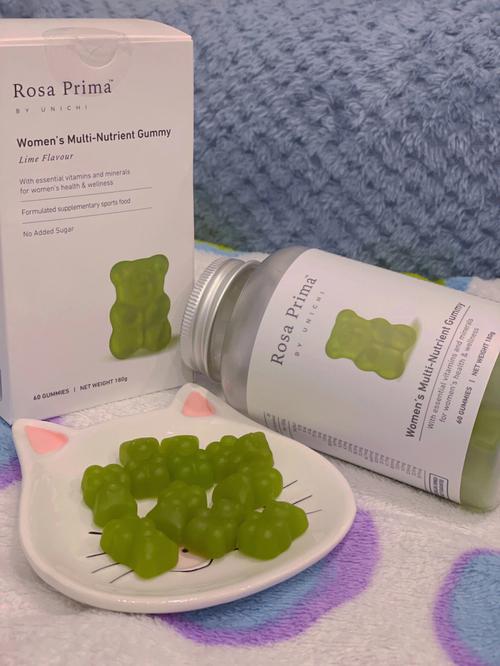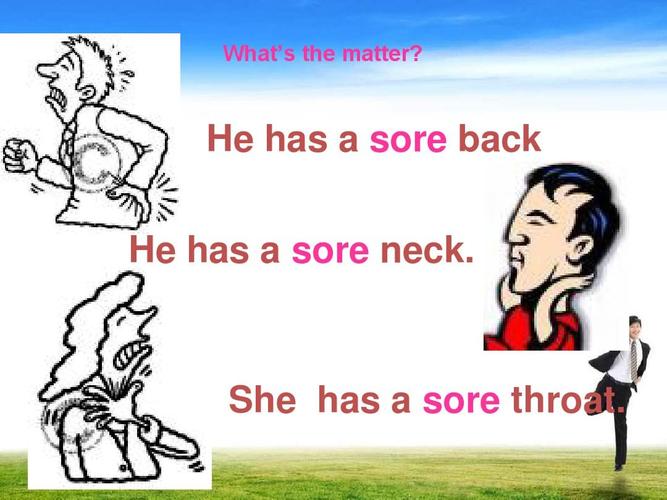
Bite Sore Finger Sore: A Comprehensive Guide
Have you ever experienced a bite sore finger sore? It’s a common problem that can be quite painful and frustrating. In this article, we will delve into the causes, symptoms, treatment options, and prevention strategies for this pesky condition.
Understanding the Causes
A bite sore finger sore, also known as a finger bite, occurs when you accidentally bite your finger. This can happen during sleep, when you’re nervous, or even when you’re not paying attention. The sore usually appears on the tip of the finger and can be quite painful.

Identifying the Symptoms
The symptoms of a bite sore finger sore are quite distinctive. You may notice the following:
- Pain and swelling at the site of the bite
- A red, inflamed appearance
- A pus-like discharge, especially if the sore becomes infected
- A feeling of warmth or heat around the sore
Treatment Options
There are several treatment options available for a bite sore finger sore. Here are some of the most common ones:
- Rest and elevation: Keep your finger elevated and avoid using it as much as possible to reduce swelling and pain.
- Ice packs: Apply an ice pack to the sore for 10-15 minutes several times a day to reduce swelling and numb the pain.
- Antibiotics: If the sore becomes infected, your doctor may prescribe antibiotics to clear up the infection.
- Topical ointments: Over-the-counter ointments containing hydrocortisone can help reduce inflammation and pain.
- Professional treatment: In some cases, a doctor may need to lance the sore to drain the pus and reduce the risk of infection.
Prevention Strategies
Preventing a bite sore finger sore is easier than treating it. Here are some tips to help you avoid this condition:
- Stay aware: Pay attention to your fingers, especially when you’re nervous or tired.
- Relax: Practice relaxation techniques to reduce the likelihood of biting your fingers during sleep.
- Trim your nails: Keeping your nails trimmed can help prevent accidental bites.
- Wear gloves: If you’re prone to biting your fingers, consider wearing gloves to protect them.
When to Seek Professional Help
In most cases, a bite sore finger sore will heal on its own with proper care. However, there are certain situations where you should seek professional help:

- If the sore is extremely painful or doesn’t improve after a few days
- If you notice signs of infection, such as increased redness, swelling, or pus
- If you have a weakened immune system and are at a higher risk of infection
Conclusion
A bite sore finger sore can be a painful and annoying condition, but it’s usually not a cause for concern. By understanding the causes, symptoms, treatment options, and prevention strategies, you can effectively manage this condition and minimize the risk of recurrence.
| Causes | Symptoms | Treatment Options | Prevention Strategies |
|---|---|---|---|
| Accidental biting during sleep or when not paying attention | Pain, swelling, redness, pus-like discharge, warmth or heat | Rest, elevation, ice packs, antibiotics, topical ointments, professional treatment | Stay aware, relax, trim nails, wear gloves |




